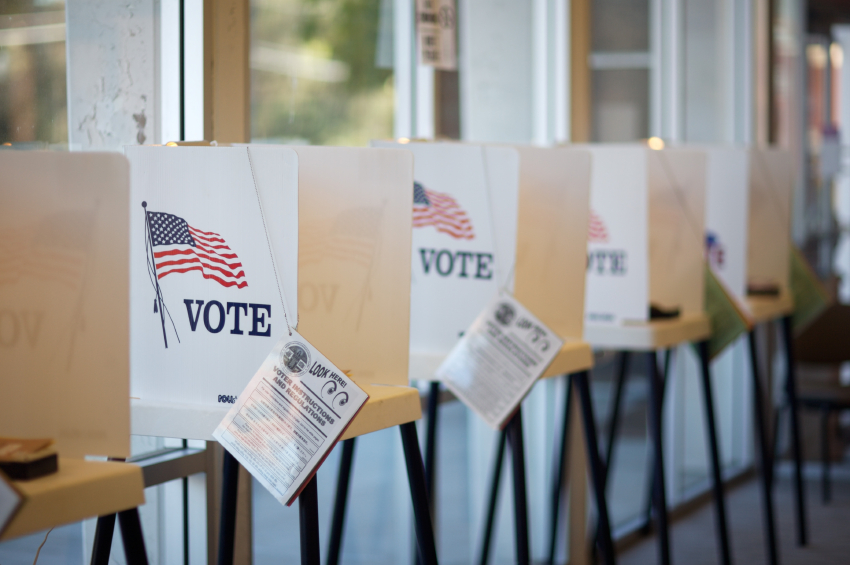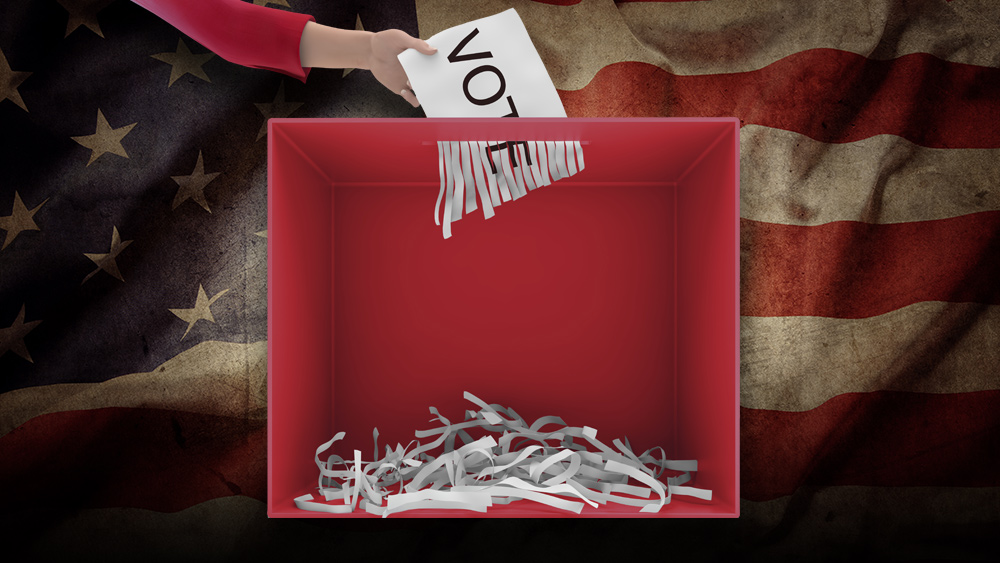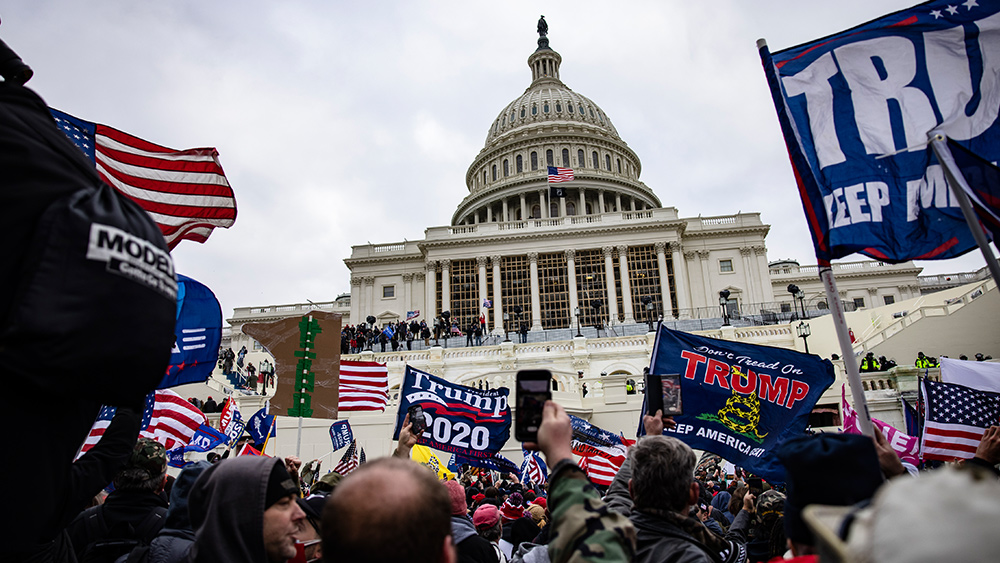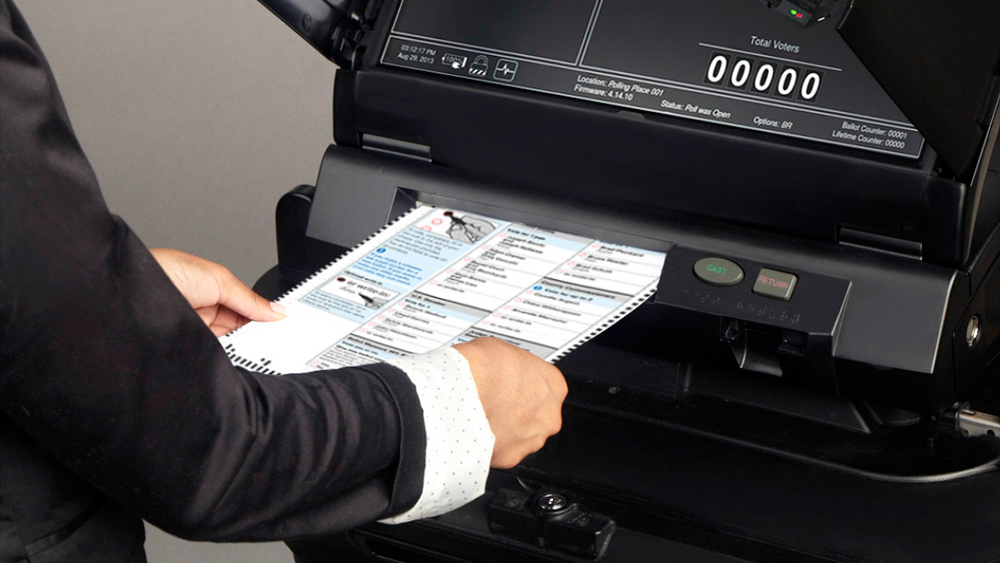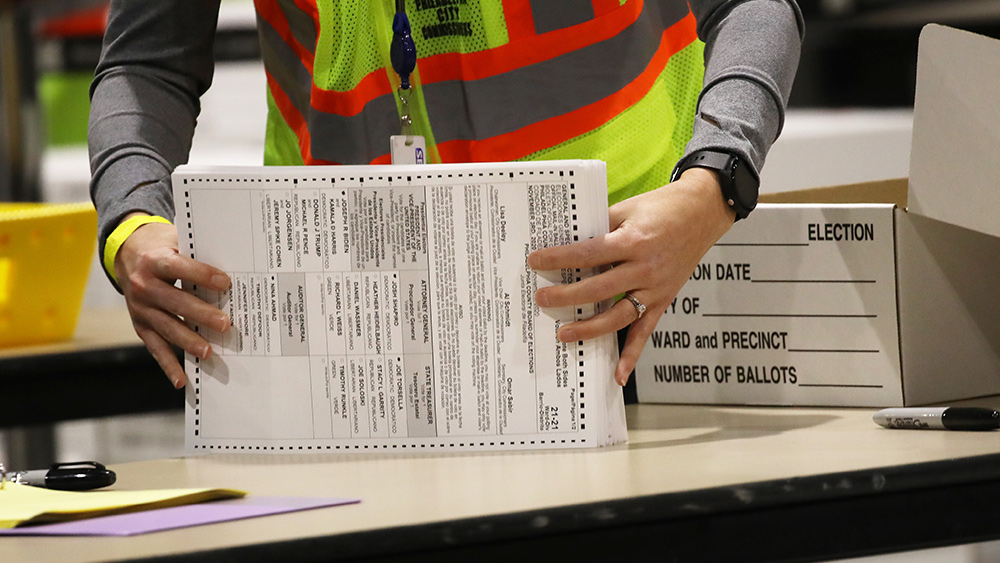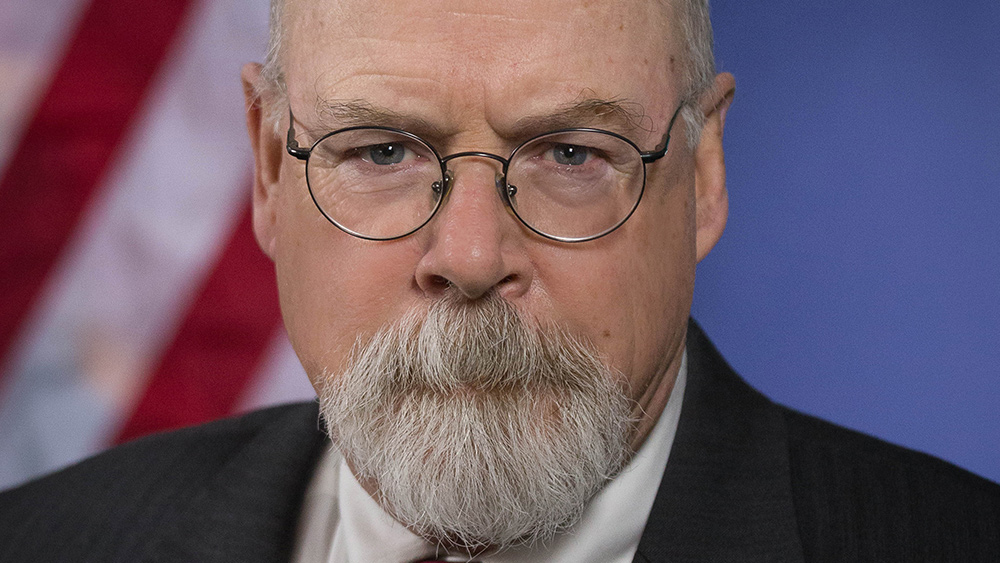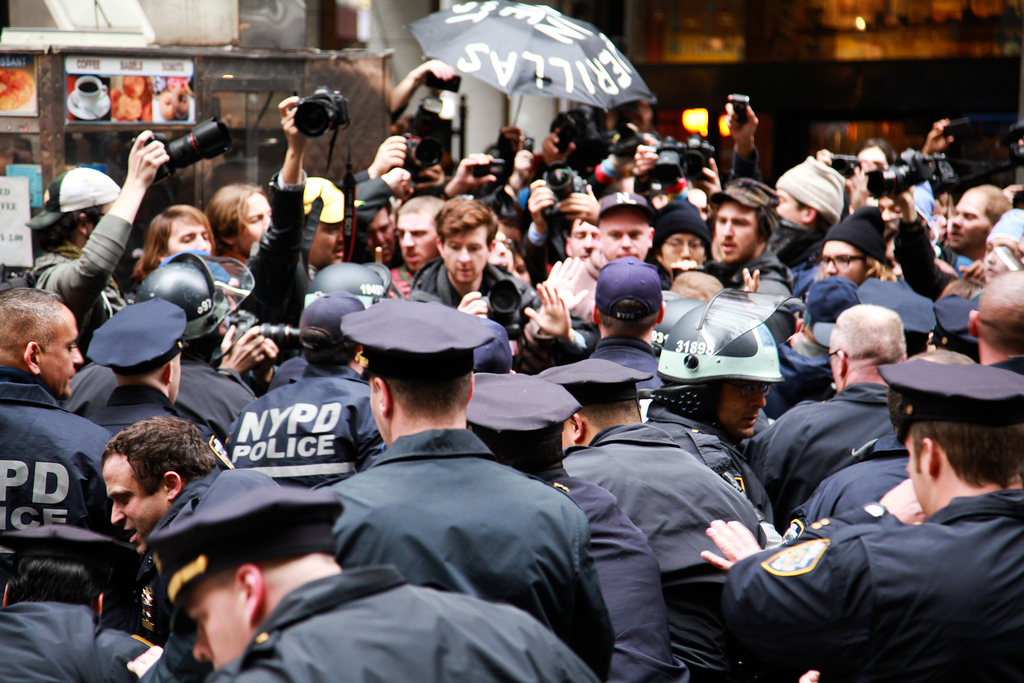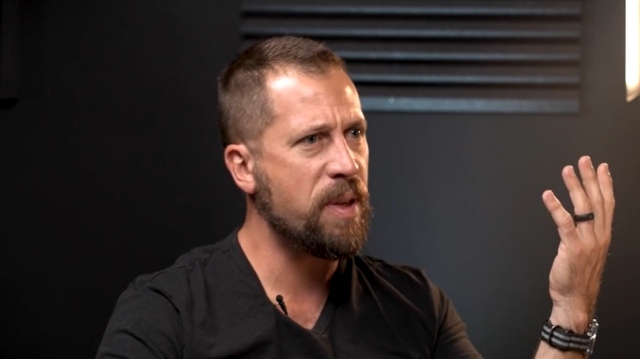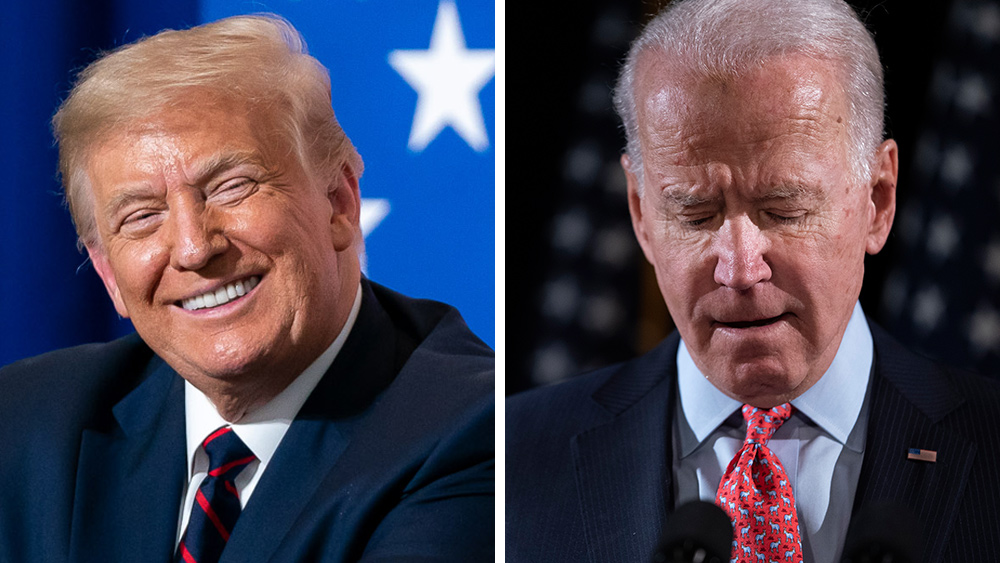Heavy spending by the Hillary Clinton campaign, combined with endorsements from the traditional media, has had no measurable effect on the race to date, maybe because traditional media is not where many voters are to be found.
Article by M.S. Limber
The New York Times this weekend endorsed Hillary Clinton for president, and also, in a separate editorial, called Donald Trump “a man who dwells in bigotry, bluster and false promises.”
It may prove to be the least influential endorsement in the newspaper’s history.
Recent polls appear to show the race ever tighter, and Trump’s path to the White House becoming clearer and more promising. Yet, newspapers that had reliably endorsed Republicans – such as theDallas Morning News and Cincinnati Enquirer – have decided that they prefer Clinton over Trump. These endorsements are falling on deaf ears,
Instead, this election is a battle between the power of traditional media and what might be called the alt-media – and the alt-media is winning.
Traditional media is, of course, television and the print press. The Clinton campaign has been spending lavishly on television, even spending in states the Republicans normally win. The spending has been portrayed at times as a sign of confidence by the Clinton campaign that they can be competitive in states like Arizona or Georgia. But it is also a sign of the enormous reservoirs of cash the campaign has on hand that has nowhere else to go.
Alt-media, on the other hand, is made up of many elements such as social media and the alt-right press. The problem with campaigning in these areas is that they are closed communities, made up of readers who share a similar political outlook. Clinton will not be spending ad dollars on Breitbart News or Infowars, so there is no way to influence these voters. Social media, too, is closed off. Sure, the Clinton campaign can advertise through Facebook, but the closed circle of friends that post there reinforce each other’s opinions to such a degree that reaching them becomes hard.
One campaign advisor described this to trying to influence a prairie dog. The dog may pop its head out of the ground for a second, but how to reach them and get them to pay attention is nearly impossible.
So, the strategy is to influence who you can, the independents and undecideds. Also, get-out-the-vote (GOTV) efforts become critical. Here Clinton may have an advantage.
But what this election may decide is whether GOTV can trump alt-media.



